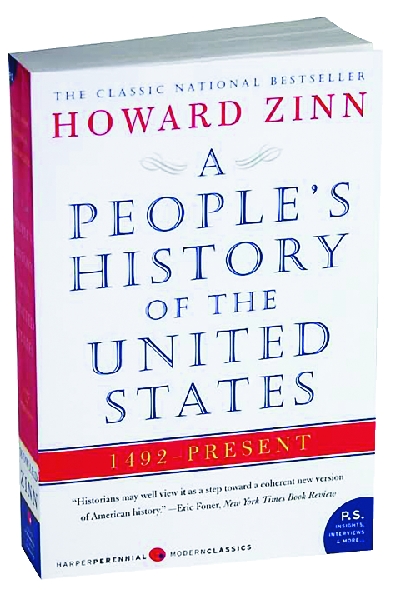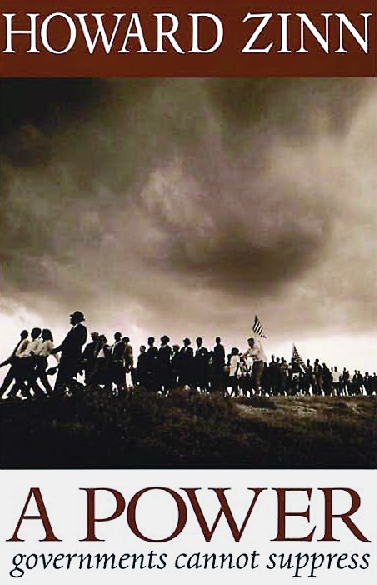Invisible Books
An Interview With Howard Zinn



Latest Article|September 3, 2020|Free
::Making Grown Men Cry Since 1992





